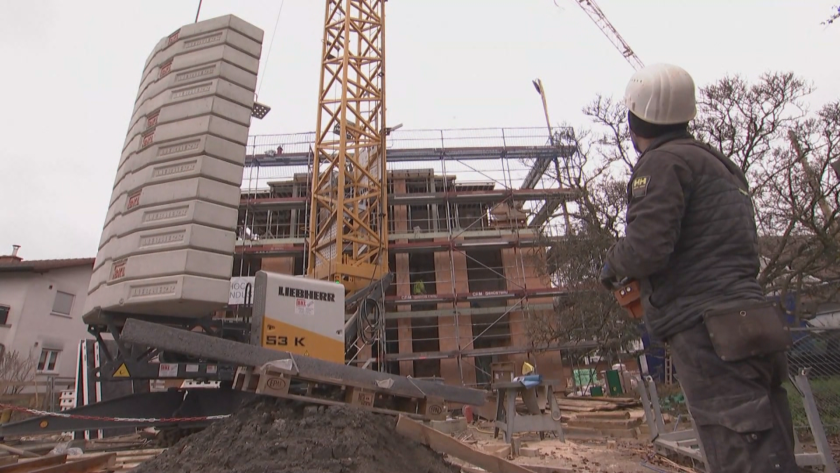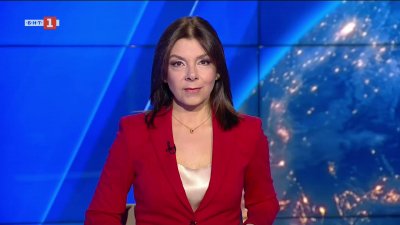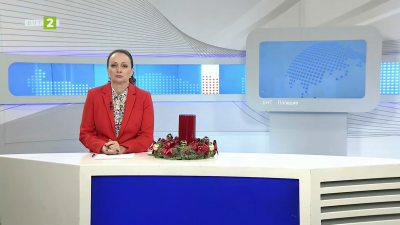Is the Bulgarian economy facing a recession?

Bulgaria's gross domestic product grows by 2% a year. This is the slowest annual growth for the past two years. At the same time, the European Commission raised its growth forecast for Bulgaria to 1.4 percent this year, compared to growth expectations from the autumn. The European Bank for Reconstruction and Development forecasts growth of 1.3 percent for the Bulgarian economy and close to 3 percent next year. By comparison, however, expectations for the pace of the Romanian economy are among the highest in Central and Eastern Europe.
Against this backdrop and the geopolitical situation, market observers expect a new recession.
A recession in the United States that will spill over into Europe by the end of this year, financial observers predict.
Dimitar Georgiev, a financier: "What is happening in the US is happening almost immediately in Europe and Bulgaria, so it is very likely that we will see a recession in Europe, which is generally more moody, more conservative, respectively more exposed to risks."
Ivan Stoykov, credit analyst: "When there is limited consumption, there will be no need for such a large production and exports and everything related to this chain, which will cool the growth of the economy."
In Bulgaria, however, there will only be a slowdown in the economy, but not negative GDP growth, analysts expect:
Vladimir Sirkarov, economist: "We can expect a slowdown in economic growth - a slowdown that will be in the range of 1 to 1.8%. The ECB will probably not be so aggressive in raising key interest rates."
Dimitar Georgiev, financier: "Gradually the economy will become a bigger priority than inflation."
Experts point out that in addition to inflation and rising interest rates, changes in economic indicators such as GDP, the yield curve, property prices and input prices could signal a slowdown in the economy, eventually leading to a recession. For example, in addition to inflation pushing up property prices, building materials make housing more expensive.
Ivan Stoykov, credit analyst: "The commodities themselves as a factor, when they become more expensive - then we can look for the signals of an approaching recession."
Whatever the data or news headlines show, should a recession scare us that much?
Vladimir Sirkarov, economist: "On a macro level, it does lead to positive effects and a return to normal. A return to some stronger fundamentals so that from now on, in 24, 25 years, we can see sustainable economic development."
The rise in bank interest rates is a process that will continue, but should not be a cause for concern, analysts explain.
Get the latest news wherever you are!
Follow us on
Facebook
and
Instagram
Follow BNT’s YouTube channel
You can now also watch us on
TikTok
Find us on
Google News























